DJI Drone Ban: U.S. Lawmakers Target Chinese Tech Amid Privacy Concerns
In an excellent article from 404 Media, Jason Koebler explains why the DJI Drone Ban is a “uniquely American clusterfuck.”
“This potential ban is a uniquely American clusterfuck that is arguably even worse than the TikTok ban in its absurdity because of the specifics of how we got here: There is no evidence that China is spying on DJI drones,” Koebler states. “The drone features that make lawmakers worried about “spying” were originally introduced because of U.S. regulations and government pressure.”
As most DroneXL readers know, the U.S. House of Representatives has taken steps to effectively ban DJI drones, a move that could significantly impact the Drone Industry and hobbyists alike. The Countering CCP Drones Act, which is now part of a military funding bill, aims to place DJI drones on the Federal Communications Commission’s “covered list,” potentially grounding existing drones and preventing new ones from operating.
The Irony of Safety Features
DJI, a Chinese company, has long been the market leader in consumer drones. Ironically, many of the features that lawmakers now cite as potential security risks were initially implemented in response to U.S. Government pressure and regulations.
“Essentially, the US government pressured drone manufacturers to implement privacy and safety features that required internet infrastructure to operate, DJI built those features, and now lawmakers say those same features could be used by China to spy on Americans and are the reason for the ban,” Koebler explains.
Koebler is referring to DJI’s geo-fencing and tracking features implemented to comply with FAA regulations, and which have been described by experts as a direct response to U.S. government regulation.
Lack of Evidence and American Alternatives
Despite the strong rhetoric, there appears to be little concrete evidence of DJI drones being used for espionage. Rep. Elise Stefanik, a sponsor of the legislation, claims that “DJI poses the national security threat of TikTok, but with wings.” However, warnings from U.S. agencies primarily focus on the drones’ internet connectivity rather than specific security breaches.
The ban could create a significant void in the consumer drone market. As Koebler notes, “for drone hobbyists, there are not really any American-made drone alternatives that can step in to replace DJI’s spot in the market.” This lack of American alternatives could leave hobbyists, small businesses, and aerial photographers without viable options if the ban takes effect.
The Rise of Police Drones
While consumer drones face scrutiny, American companies like Skydio are focusing on law enforcement and military applications. Skydio has been actively lobbying Congress and promoting its drones as secure alternatives to Chinese-made products.
“Skydio has positioned itself as an American-made alternative to DJI for cops, and emails I obtained for that story noted that Skydio’s vice president of regulatory and policy affairs joined the company from the U.S. Department of Justice and immediately began pitching the Pentagon about the fact that Skydio drones are not Chinese,” Koebler reports.
READ MORE: HOUSE COMMITTEE HIGHLIGHTS CONCERNS OVER CHINESE DJI DRONES, URGES US LEADERSHIP

The deployment of Police Drones in Chula Vista has reached unprecedented levels, showcasing the potential for widespread surveillance in American cities. According to a recent WIRED report, drones have surveilled every block in the city, often hundreds of times.
These unmanned aircraft, part of the “Drones as First Responders” program, automatically launch in response to 911 calls or alerts from other Police surveillance systems. The drones’ reach extends from monitoring serious incidents to observing everyday activities like teen gatherings and house parties. In some instances, they’ve even been dispatched for trivial matters such as water leaks or someone bouncing a ball against a garage.
This extensive use not of Chinese but of American Skydio Drone Technology in Chula Vista raises important questions about privacy and the boundaries of police surveillance in urban areas.
The complex web of regulations, security concerns, and corporate interests in the U.S. drone industry has indeed created a uniquely American clusterfuck. While lawmakers focus on potential threats from Chinese-made consumer drones, they seem to overlook the expanding surveillance capabilities of American-made police drones. This misalignment of priorities is well captured by Koebler’s concluding remark: “we are ignoring the real threat at home to freak out about an imagined one from abroad.”
DroneXL’s Take
The potential ban on DJI drones highlights the complex interplay between technology, national security, and consumer rights. While concerns about Data Security are valid, the lack of viable American alternatives in the consumer drone market could stifle innovation and limit access to drone technology for legitimate uses.
As the drone industry evolves, it’s crucial to strike a balance between security concerns and technological progress. Policymakers should consider fostering a competitive domestic drone industry that can offer secure alternatives while maintaining the accessibility and functionality that have made drones valuable tools for professionals and enthusiasts alike.
Discover more from DroneXL
Subscribe to get the latest posts to your email.
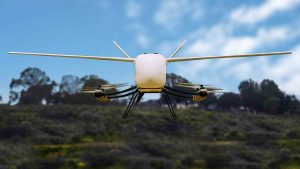

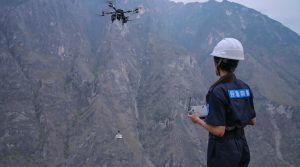
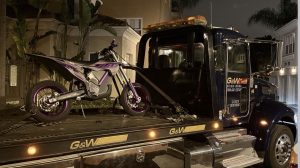

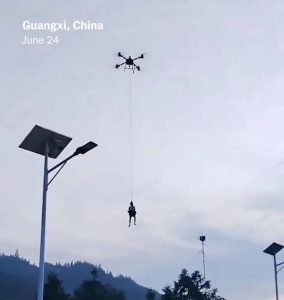
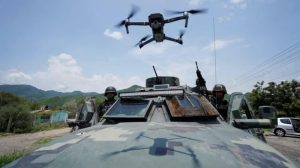

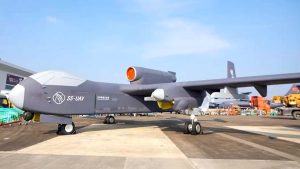

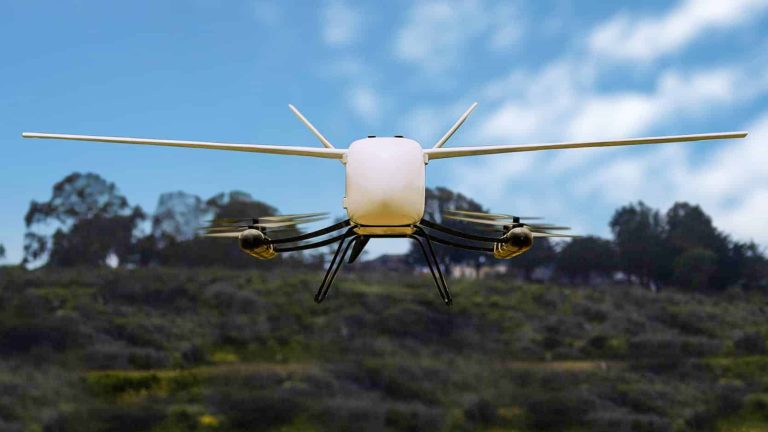

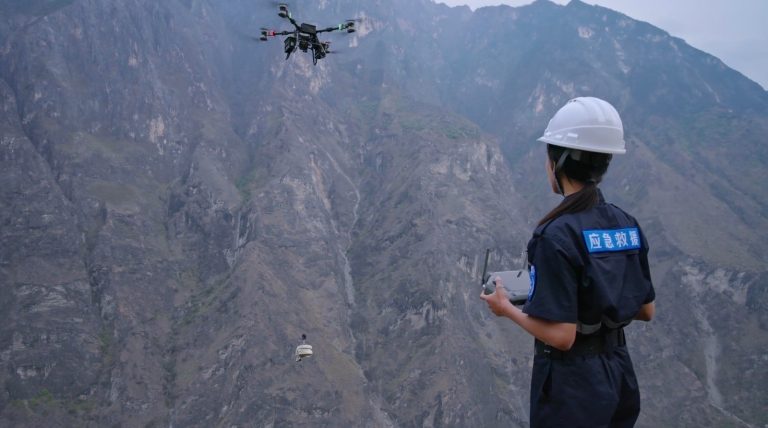
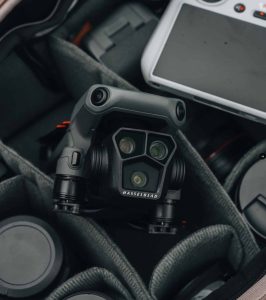

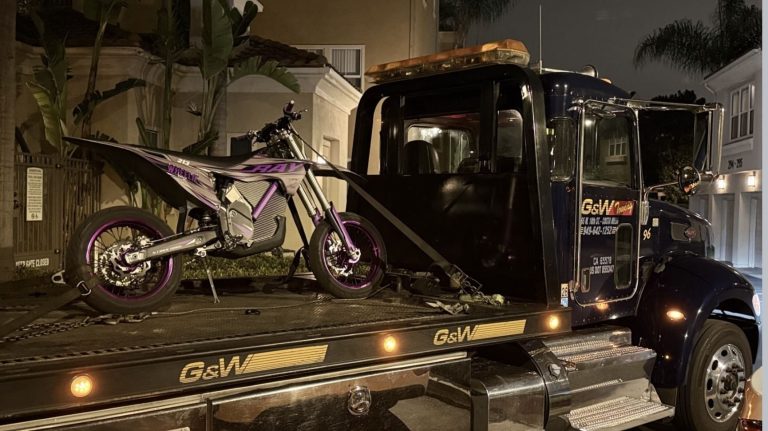

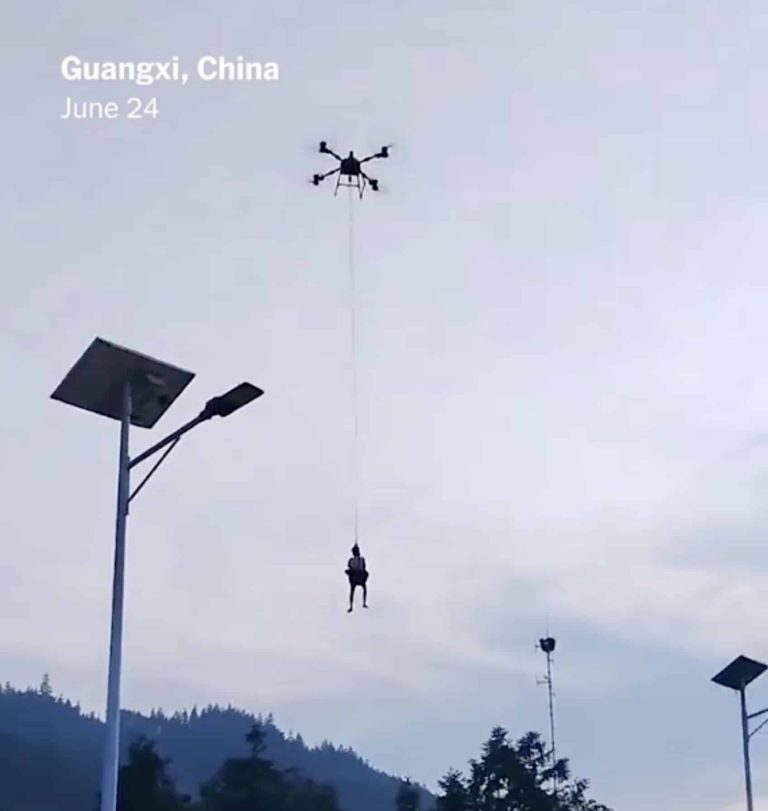
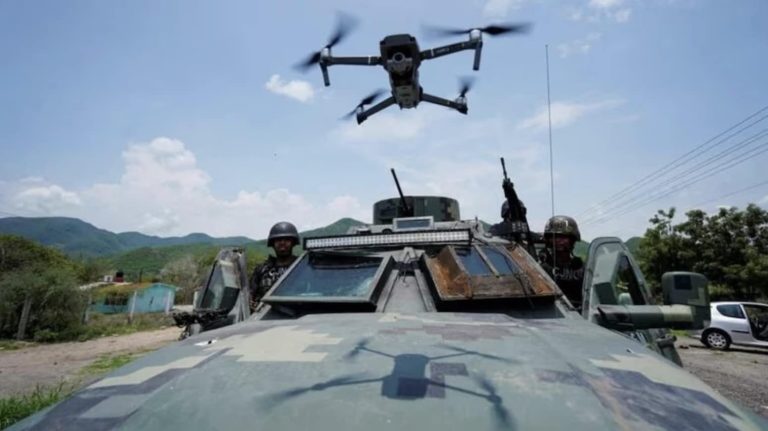

+ There are no comments
Add yours